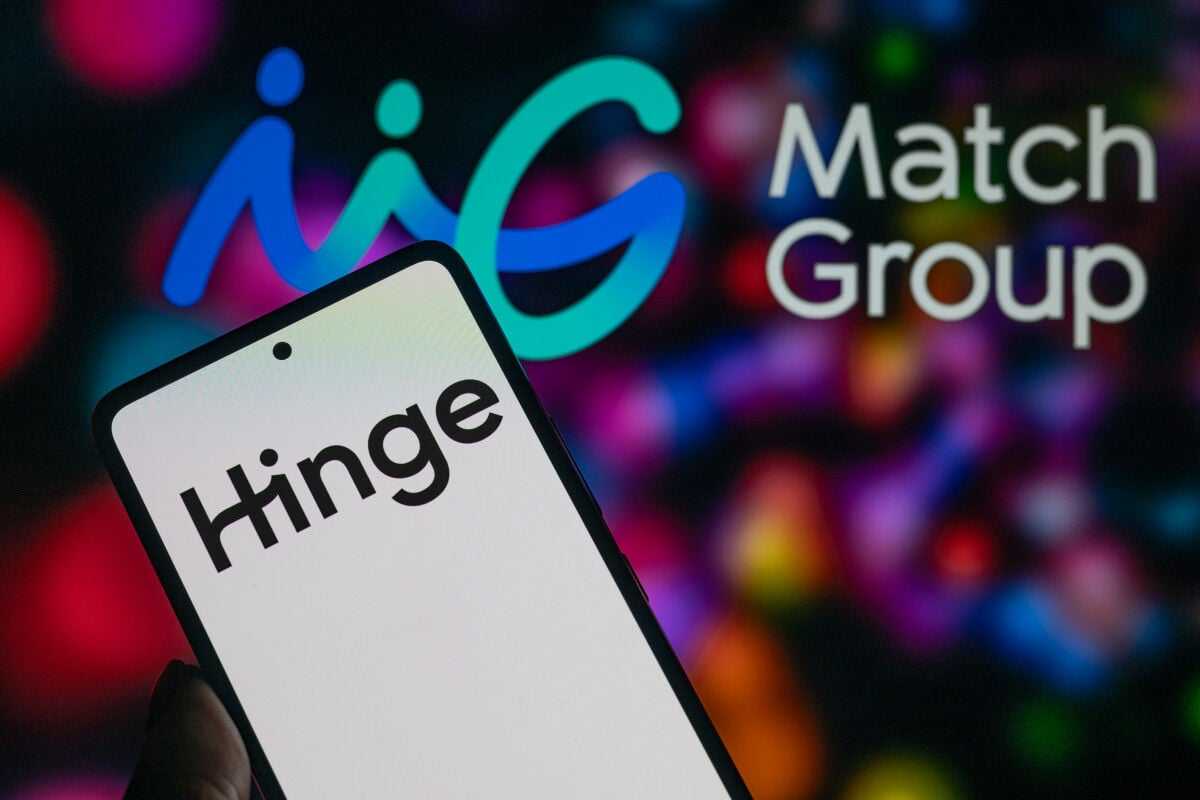Business
Lawsuit Against Match Group Alleges Predatory Practices in Dating Apps

A recent lawsuit filed against Match Group, the parent company of popular dating apps like Tinder, Hinge, and The League, has accused the company of utilizing predatory business practices to keep users engaged on their platforms indefinitely. The class-action lawsuit, filed in a U.S. federal court in California on Valentine’s Day, alleges that the dating apps employ psychologically manipulative features that prioritize profit over users’ relationship goals.
The plaintiffs assert that Match Group’s apps employ powerful technologies and hidden algorithms to create addictive, game-like designs that encourage users to remain on the apps as paying subscribers. Despite marketing promises of helping users find love, the lawsuit argues that the apps instead foster compulsive usage without effectively assisting individuals in meeting their relationship objectives.
In response to the allegations, Match Group has labeled the lawsuit as “ridiculous” and defended its business model, asserting that their aim is to facilitate real-world dates and steer users away from the apps. The company emphasized that their revenue model is distinct from advertising-based or engagement-driven approaches.
Although Tinder and other Match Group apps offer free downloads, users are enticed to purchase subscriptions and premium features such as “unlimited likes” and “boost.” The lawsuit highlights how these features contribute to a cycle of perpetual engagement, drawing users into a pay-to-play loop rather than fulfilling their romantic aspirations.
Experts in psychology and technology question the extent of responsibility that falls on the app developers versus the users themselves. They argue that while apps like Tinder may incorporate addictive features, individuals ultimately bear the responsibility for their usage patterns and decisions while using the platforms.
The lawsuit also draws attention to the broader issue of app addiction, particularly among young users. This concern has prompted calls from psychologists and organizations like the American Psychological Association to address the risks associated with excessive digital device usage among children.
A survey conducted by the Pew Research Center revealed that about 30% of U.S. adults have used dating apps, with Tinder emerging as the most popular choice. The findings underscore the prevalence of online dating platforms and the varying experiences users have had in navigating these digital spaces.












